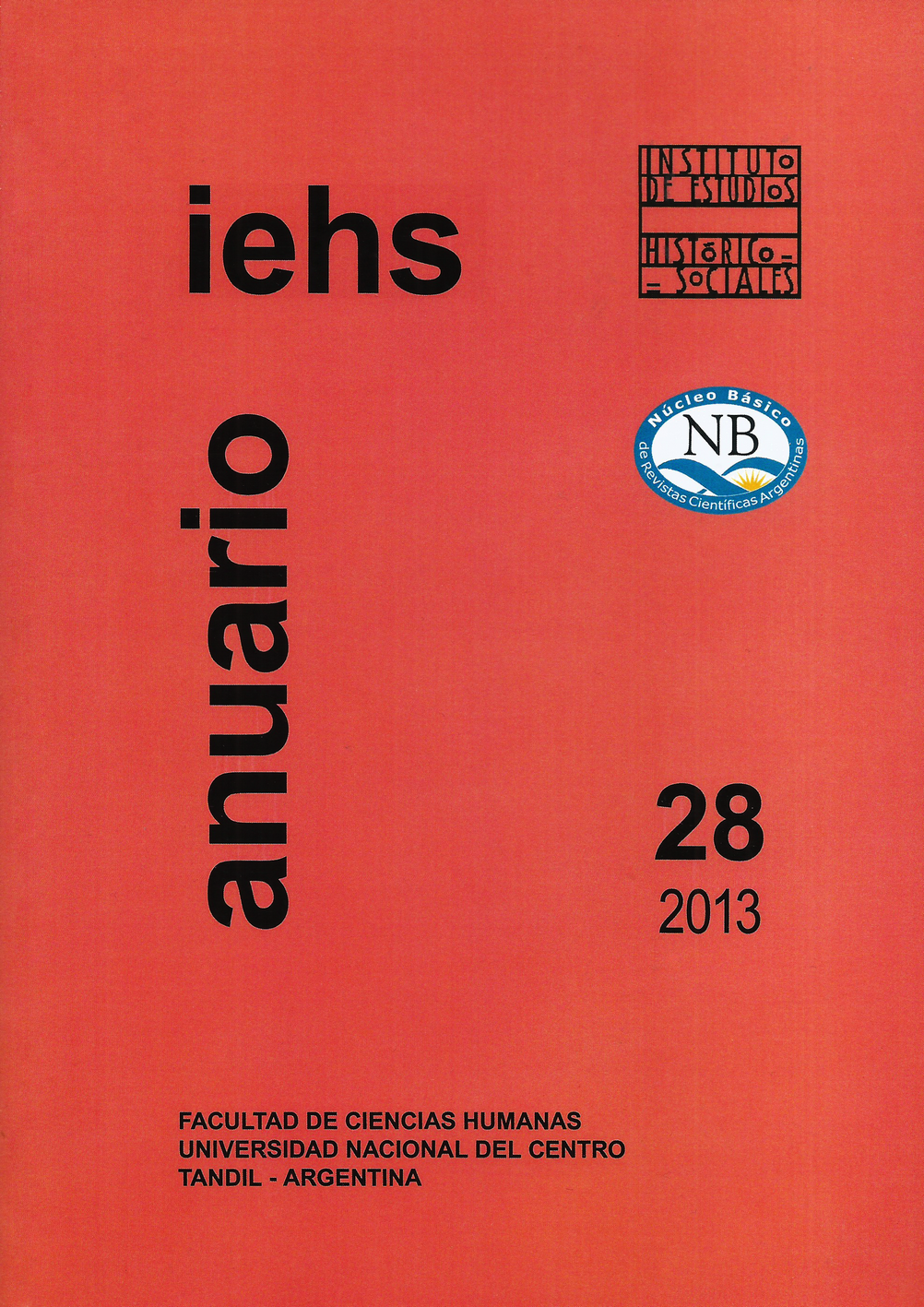Género y antifascismo en España, de la IIa República a la Guerra Fría (1931-1950)
Keywords:
Gender, Antifascism, Women, Spain, Second Republic, Civil War, Exile, Cold WarAbstract
This contribution aims to show the relevance of gender analysis of anti-fascism , as well as highlighting the contribution of women to the configuration of a fascist political culture. In the Spain of the 30s , female antifascism was configured as a specific culture or political subculture within the ideological and discursive matrix of anti-fascism . Through transfers and circulations between different organizations , women who fought in anti-fascism eventually contributed to this political culture heritages not always claimed , particularly from feminism , pacifism or even mothering . Specifically , the strategy of mothering allowed antifascismo attract many women and legitimize their political action in public space . But resistance to integrate feminist critique of gender order in the antifascism also led to tensions between different models of " fascist femininity " in the thirties . Finally, the discursive transformations of female antifascism in exile marked the definitive abandonment of feminist heritage , of which only maternalismo justifying women's political action in the context of the start of the Cold War was preserved in women antifascist sided decisively to defend the Soviet Union.
References
.
Downloads
Published
Issue
Section
License
Copyright (c) 2024 Anuario IEHS

This work is licensed under a Creative Commons Attribution-NonCommercial 4.0 International License.



